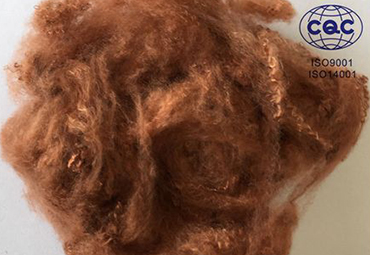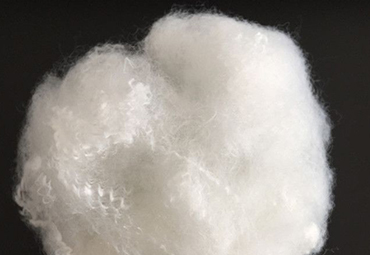In the past two years, reports related to the quality of home textile have appeared frequently in major TV media, news newspapers, magazines and the Internet. For a time, the home textile industry was deeply trapped in the "quality door".
It can be seen from the market sampling inspection of national supervision institutions in recent 5 years and the annual quality report of China Home Textile Association in recent 2 years that at present, the main quality problems of bedding include: color fastness is not up to standard, washing size deviation is not up to standard, the fiber content of filler is not clearly marked, filler quality deviation, etc; The main quality problems of towel products include: the color fastness to washing is not up to standard, the pH value is not up to standard, the depilation rate is high, the fiber content deviation, the product label is not clear, etc; The main quality problems of decorative fabric (curtain) include: substandard sun fastness, washing size deviation, substandard flame retardancy, substandard formaldehyde content, unclear product marking, etc.
When these test results were revealed, some home textile enterprises could not help but explain reluctantly: among these unqualified indicators, problems such as color fastness and shrinkage are not the fault of home textile enterprises, because we bought the cloth, and we only designed and sewed it.
So, can we understand that when consumers buy home textile products with quality problems, they should go to the relevant quality inspection departments for testing and analysis, and look for the "initiator" according to the causes of the problems? If it is a fabric problem, consumers should complain about fabric suppliers, not home textile manufacturers. For example, when a consumer eats problematic pork in a restaurant, he should go to the person who raises the pig instead of the restaurant where he eats. Because the pork is bought from the farm, the restaurant only adds some oil and seasoning for cooking.
Obviously, this logic sounds like a joke. At present, domestic home textile enterprises rarely produce fabrics, which are generally purchased. Among them, dyeing fastness, aromatic amine, washing size change rate and pH value belong to other links of the supply chain, that is, the problems in grey cloth making and printing and dyeing do not occur on the production line of home textile enterprises, but this does not mean that home textile enterprises can shirk their responsibilities. No matter whether they purchase fabrics from the fabric factory, invite the printing and dyeing factory to print and dye, or purchase directly from the printing and dyeing factory, home textile enterprises should strengthen the quality control and raw material testing at the front gate to prevent unqualified products from entering the factory. At this point, home textile enterprises must not be "confused".
On the issues of unclear, inconsistent or no tag, home textile enterprises bear unshirkable responsibility. At the China Home Textile Conference, Yang Zhaohua, President of China Home Textile Association, stressed that many enterprises and principals do not pay attention to hanging tags. During surprise inspection by relevant quality supervision departments, problems such as unclear origin and incorrect product content labeling occur frequently. This fraudulent behavior has had a bad impact on the industry and consumers, and enterprises should attach great importance to it.
After the recent CCTV media exposure of home textile quality problems, many enterprises have begun to carry out quality control and rectification of problematic products. Although they can make up for some losses, we do not advocate this "make up for the lost". As long as the enterprise is a little careful and has the minimum sense of social responsibility and mission, some quality problems can be eliminated from the source, or even need not be called "problems" and frequently occupy the headlines.
In front of quality, there is no room for carelessness. Inferior goods deceive consumers' money and hurt the reputation that enterprises can't exchange for money.


